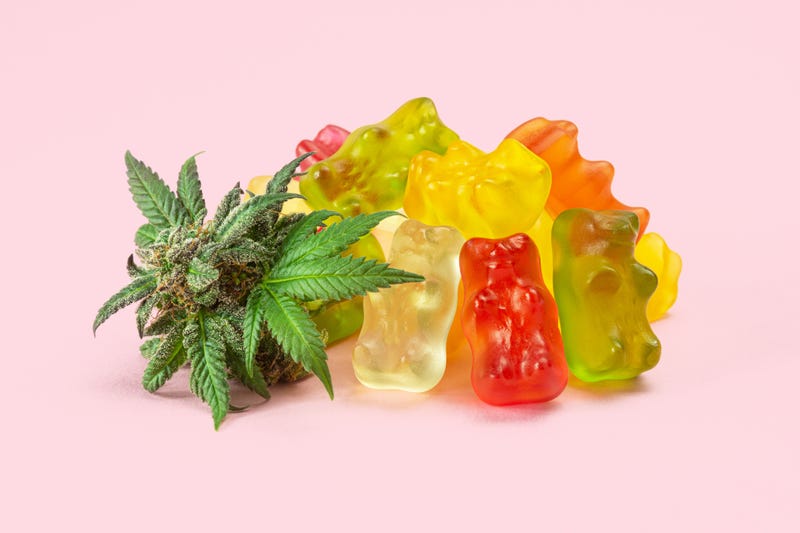
New recommendations from the U.S. Food and Drug Administration regarding regulation of cannabis-derived products could be announced in coming months, according to agency officials cited by The Wall Street Journal this week.
Specifically, the administration is considering regulations on cannabidiol, otherwise known as CBD, in food.
“Given what we know about the safety of CBD so far, it raises concerns for FDA about whether these existing regulatory pathways for food and dietary supplements are appropriate for this substance,” said FDA Principal Deputy Commissioner Janet Woodcock, according to the Journal.
This isn’t the first time the FDA has expressed concern about CBD.
CBD is a chemical compound found in the cannabis plant, the FDA explained in a statement about protecting consumers from the substance issued last month. It can be found in high quantities in cannabis plants referred to as hemp and it has a very similar chemical structure to tetrahydrocannabinol (THC), the chemical that produces a “high” and is more potent in cannabis plants referred to as marijuana rather than hemp.
“Even though CBD generally isn’t considered intoxicating, both CBD and THC affect the brain and the body,” according to the FDA.
A recent study cited by Forbes found that almost 60% of CBD products sold in the U.S. do not contain the amount of CBD advertised on their labels. Over the past several years, the FDA has issued several warning letters regarding unapproved drugs that allegedly contain CBD. Some products that allegedly contain CBD have also been included on the FDA’s health fraud violations list.
In November, the FDA said that it “has been receiving an increasing number of adverse reports about cannabidiol (CBD) containing products that consumers may confuse for conventional foods and beverages.”
The FDA noted that one drug containing CBD has been approved.
It treats severe seizure disorders.
According to the FDA, it has not found sufficient information regarding how much CBD can be consumed or how long it can be consumed. In particular, the administration is concerned about the impact CBD may have on fertility and on pregnant women.
“Food ingredients must be shown to be safe to be lawfully added to food,” said the FDA. “That means, there must be a reasonable certainty that an ingredient’s intended use won’t cause harm. This safety standard considers both potential exposure and different types of consumers – such as someone who consumes it every day throughout their lifetime or throughout pregnancy.”
Using food to administer CBD also makes it difficult for those who consume it to determine how much they are taking.
“It can also be easy for someone to consume CBD accidentally when it’s in an ordinary-looking food,” said the FDA. “This is especially true for children when CBD is in the form of a snack or a candy.”
A Google search for “CBD food” will likely pull up links to CBD infused gummies that look similar to popular gummy candy for kids.
“We’re holding CBD to the same standard that we would any other substance that is intentionally added to food, like sweeteners or preservatives,” the FDA explained. “Consumers should be able to have confidence that food additives won’t harm them.”
In the November statement, the FDA said it was exploring policy solutions regarding CBD.
“We want to be clear that the data on CBD point to real risks that need to be considered,” the FDA said. “Risks include liver injury, harm to the male reproductive system, and side effects, such as changes in alertness and other symptoms.”


